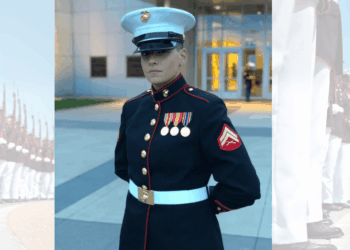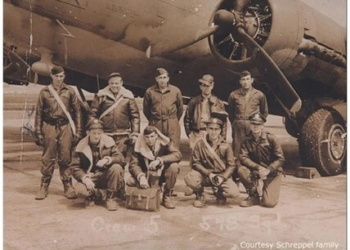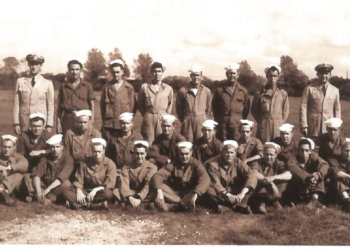Military Families Magazine recognizes the value in the voices of the Vietnam War and is eager to present a dedicated series of interviews to do just that. Capturing the stories and experiences of Vietnam veterans is vital to the proud history surrounding the military community.
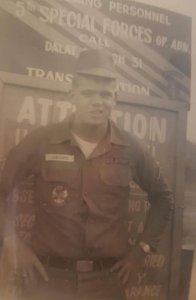 Roughly 2.7 million men and women from the U.S. served in the Vietnam War, according to the Department of Veterans Affairs, including Larry Crews who voluntarily served as a crew chief in the 92nd Aviation Company.
Roughly 2.7 million men and women from the U.S. served in the Vietnam War, according to the Department of Veterans Affairs, including Larry Crews who voluntarily served as a crew chief in the 92nd Aviation Company.
“It’s just what you did. Your country calls on you and you go,” Crews said.
He tells his stories matter-of-factly as if night missions to resupply special forces through heavy fire was a common experience in life. Crews was a volunteer from “The Volunteer State,” simply doing his part.
“I didn’t have a clue what I was getting into, but back in ’65 we only had a few channels and I was more interested in football and girls than the news,” he says with a slight chuckle, reflecting back on enlisting in the Army just one month into college at Middle Tennessee State University in the fall of 1965.
“Vietnam is a beautiful country, you know. Other than being scared to death, it was absolutely beautiful.” Crews landed in Da Nang flying missions to many of the airstrips in-country at the time, quite the visual difference from home.
Crews’ overall experience in service was uniquely shaped by rural Tennessee.
“There was one way about it there, no protests when I left and none when I returned either,” he described proudly.
Coming and going from the war without protest allowed Crews to settle back into life right where he left off, to wear his hat proudly, and speak openly about his time — a benefit too many Vietnam veterans were not afforded.
Experiences shape a person, for better or worse. Emerging intact, not just physically but mentally, is something there are no medals for but is a feat in its own right.
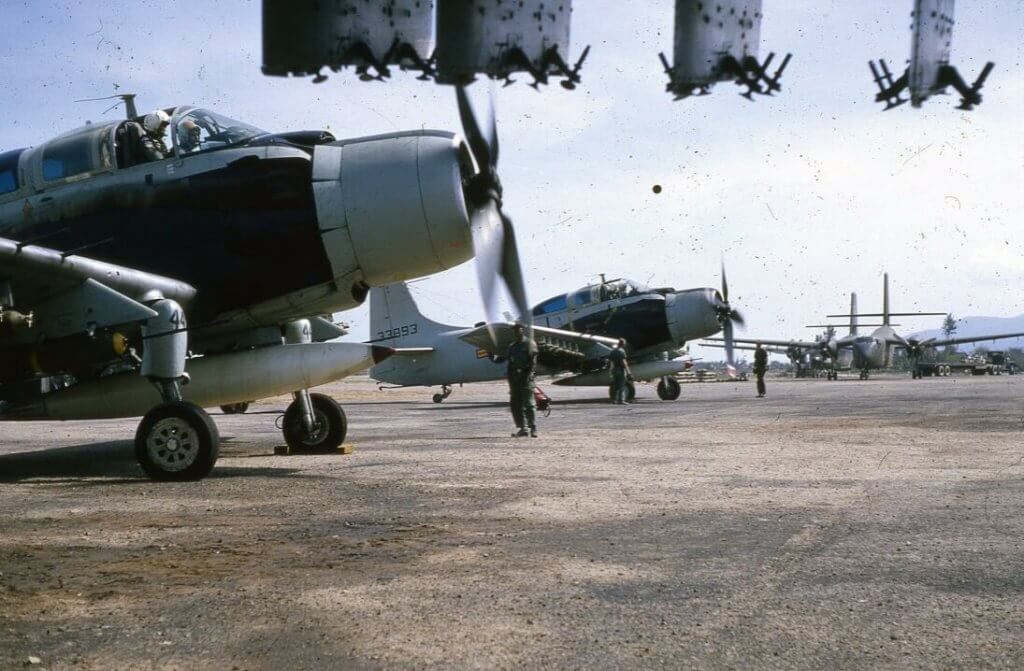
On fear, he says, “Getting shot at, yea that’s a deal I suppose, but that becomes your every day. I remember being in town and being shot at. When I saw it was coming from the church steeple, that was surprising. I’d never held down a church, but I did that day.”
Fear becomes relative in war. Some senses are heightened, and other receptors dulled over time to exist within the new normal. For Crews, being attacked in the two-man bunker he shared became so normal they quit ducking for cover at one point.
“Eventually we’d just sit outside after we’d realized how inaccurate they were,” he said.
Being someone’s target or being bombed while sitting in a bunk are noteworthy stories yet rattled off his tongue just as plainly as his recollection of eating “so much fried rice while I was there, why I’d like to never eat that again.” Recalling the events of September 7th, 1966, however, it was met with a drastically different tone.
“It was a night mission. We were resupplying the Special Forces camp that was under attack. We were taking in soldiers, Vietnamese soldiers to the airfield, which was cut with a dozer.”
“They napalmed the runway so we could land. We landed twice that night. The first time was bringing ammunition and the other was the troops.”
He pauses for a second, not too long and lets in a deep breath.
“Turns out there were a bunch of bullet holes in the plane and they gave me a medal for that,” he says before resuming his position that this sort of thing was normal in his experience. Crews is talking about the Air Medal he received in recognition for his actions during that mission.
With an extended four months in-country waiting on his replacement from the Air Force, it was time for Crews to return home. After spending a few months at Fort Eustis, Virginia, doing “absolutely nothing,” he touched back down in middle Tennessee.
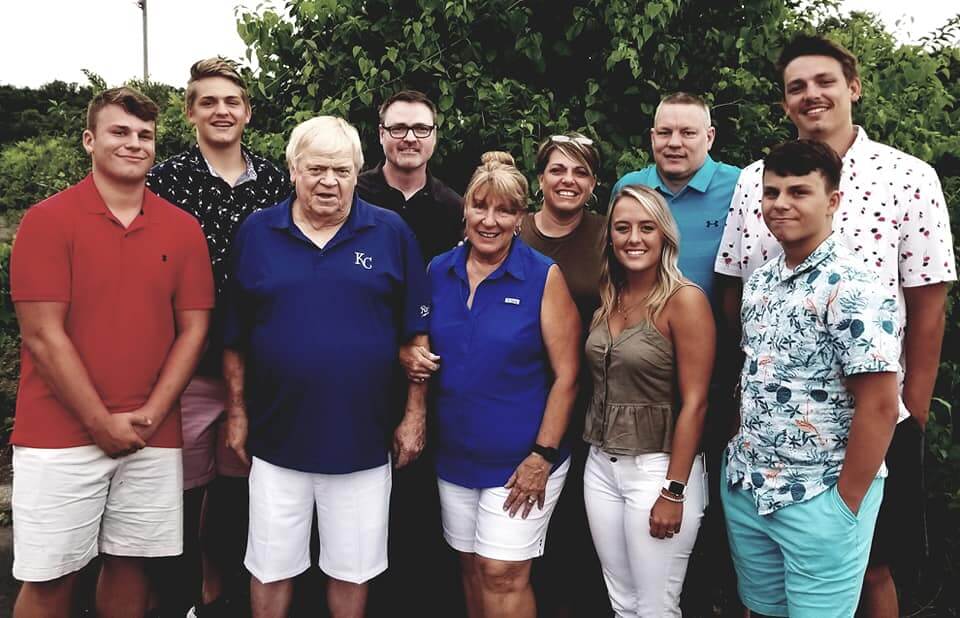
Life returned to normal as Crews walked into the next few chapters of his life gaining both his pilot’s license and a happy family. He resides today in Tennessee, enjoying the company of his family and the occasional chats with his fellow veteran neighbor.
Read comments



















